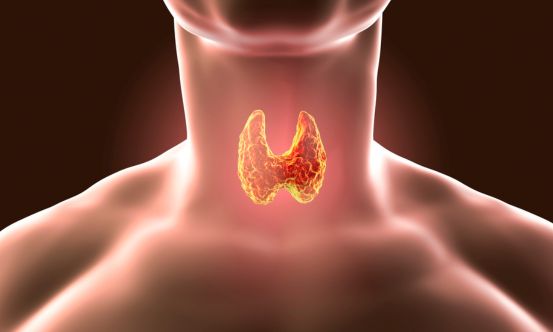How To Be Your Own Health Advocate
In this episode, you will discover how to be your own health advocate. Why is it important? When you’re sick and don’t receive the answers you need from the traditional medical system, it can be quite devastating. To be your own health advocate, you need to be knowledgeable about blood tests, thyroid panels, and what questions to ask your doctor.
In today’s world, it’s important to be in charge of your health. Nobody else knows what it’s like on a daily basis to be in your body apart from you, so it’s up to you to listen to your body and take care of yourself.
This episode is especially beneficial if;
- You have been experiencing health issues and are worried about your wellness but have been dismissed by your doctor
- You suspect you have a thyroid issue but tests are coming back normal
- You suspect you might have an iron problem
- You suspect you might have an autoimmune disorder
- You suspect you have an adrenal problem
- You have a candida or parasite issue
- You have a toxicity overload issue
Key questions covered in this episode
What tests and questions should you ask concerning your doctor?
How can you take charge of your own health and seek treatment for such issues?
The Pain Changer podcast
This is such a great informative episode. There are so many topics discussed to empower you and help you take charge in your health journey.
Check out more episodes of The Pain Changer podcast if you liked this one and want to learn more about it. Katie Wrigley, a transformational coach, and specialist on pain, makes you smile and laugh while arming you with advice and strategies to make an instant difference in regard to 4 particular areas of life and how they might affect your degree of pain:
Verbal: the influence of the words and tones you speak (and hear) on your suffering.
Emotional: Every instance of suffering is accompanied by an emotion.
Mental: How your mental toughness and the people you surround yourself with affect your suffering.
Physical: Physical factors contribute when discussing chronic pain, including food, mobility, and cleaning products.



